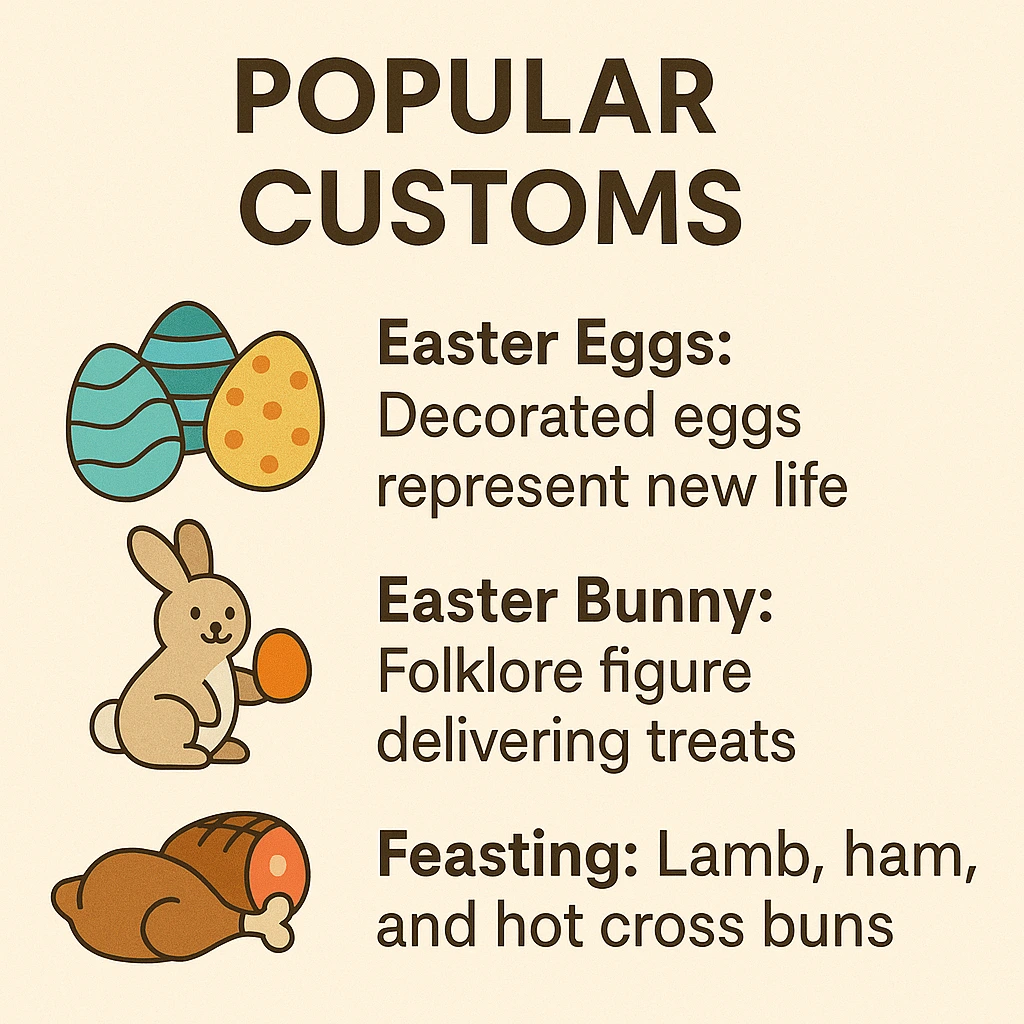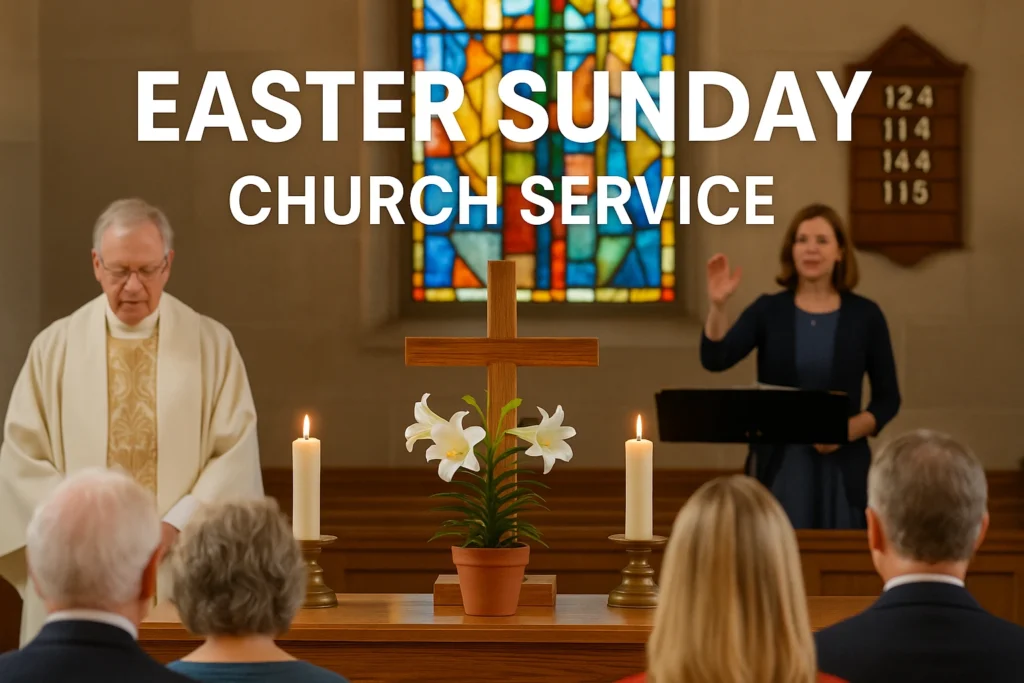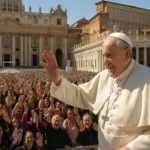Introductory Hook
Did you know that over 2 billion Christians worldwide celebrate Easter, making it one of the most significant religious observances? In 2025, Easter Sunday falls on April 20, marking the resurrection of Jesus Christ—a cornerstone of Christian faith.
This article explores the history, traditions, and spiritual meaning behind Easter, along with key customs observed globally. Whether you’re curious about its origins or how it’s celebrated today, this guide provides a comprehensive yet easy-to-understand breakdown.
Key Takeaways
✔ Easter 2025 is on April 20 (Western Christianity).
✔ The holiday celebrates Jesus Christ’s resurrection after crucifixion.
✔ Easter’s date changes yearly, based on the lunar calendar.
✔ Traditions include egg decorating, church services, and festive meals.
✔ Both religious and secular customs shape modern celebrations.
History of Easter
1. Biblical Origins
Easter’s roots trace back to the New Testament, where Jesus was crucified on Good Friday and resurrected on Easter Sunday. Key events include:
- The Last Supper (Maundy Thursday)
- Crucifixion (Good Friday)
- Resurrection (Easter Sunday)
“He is not here; he has risen!” — Luke 24:6
2. Connection to Passover
Easter coincides with Jewish Passover, as Jesus’ Last Supper was a Passover meal. Early Christians linked His sacrifice to the Passover lamb’s symbolism.
3. Pagan Influences & the Name “Easter”
Some Easter traditions (like eggs and bunnies) may have pre-Christian origins. The name “Easter” possibly comes from Ēostre, a Germanic spring goddess.
| Aspect | Christian Tradition | Possible Pagan Influence |
|---|---|---|
| Eggs | Symbol of resurrection | Ancient fertility symbol |
| Bunnies | Rare in scripture | Linked to spring fertility |
| Spring Festivals | Renewal in Christ | Celebrated rebirth in nature |
Significance of Easter in Christianity
1. The Resurrection’s Importance
For Christians, Easter confirms:
- Jesus’ divinity
- Victory over sin and death
- Promise of eternal life
2. Lent & Holy Week
- Lent: 40-day fasting period before Easter.
- Holy Week: Final week, including:
- Palm Sunday (Jesus’ entry into Jerusalem)
- Good Friday (Crucifixion)
- Easter Sunday (Resurrection)
3. Global Observances
Different cultures celebrate uniquely:
- Spain: Elaborate processions (Semana Santa).
- Greece: Midnight church services with candles.
- USA: Easter egg hunts & family dinners.
How Easter’s Date is Determined
Easter follows a lunisolar calendar, calculated as:
- First Sunday after the first full moon following the spring equinox (March 21).
- In 2025, this lands on April 20.
(Eastern Orthodox Easter may differ due to calendar variations.)
Modern Easter Traditions
1. Religious Observances
- Sunrise services (symbolizing the empty tomb).
- Easter Mass in Catholic and Protestant churches.
2. Popular Customs
- Easter Eggs: Decorated eggs represent new life.
- Easter Bunny: Folklore figure delivering treats.
- Feasting: Lamb, ham, and hot cross buns.
3. Secular Celebrations
- Egg hunts for children.
- Parades (e.g., New York’s Easter Parade).

Easter Around the World (2025 Highlights)
| Country | Unique Tradition |
|---|---|
| Italy | Pope’s Easter Mass in Vatican City |
| Ethiopia | Colorful Fasika celebrations |
| Philippines | Reenactments of crucifixion |
| Sweden | Children dress as Easter witches |
Conclusion
Easter 2025 (April 20) blends deep religious meaning with joyful traditions. Whether attending church, hunting eggs, or sharing a meal, the holiday unites millions in faith, renewal, and celebration.
As you prepare for Easter, reflect on its historical roots and modern expressions—making it a timeless observance of hope.
FAQs About Easter 2025
1. Why does Easter’s date change every year?
Easter follows the lunar calendar, aligning with the first full moon after the spring equinox.
2. What’s the difference between Easter and Orthodox Easter?
Orthodox Easter uses the Julian calendar, often landing later than Western Easter.
3. Why are eggs associated with Easter?
Eggs symbolize rebirth and Jesus’ resurrection.
4. How is Easter celebrated in non-Christian cultures?
Many observe it as a spring festival with bunnies and egg decorations.
🎥 YouTube Video:
- “The History of Easter Explained” (Link: History Channel)
External Links for Further Reading
- History of Easter – Britannica
- Easter 2025 Date Calculation – TimeandDate
- Christian Easter Traditions – Christianity Today
This article provides a balanced, engaging, and well-researched look at Easter 2025, optimized for readability and depth. Let me know if you’d like any refinements!




This piece is a perfect blend of intellect and heart. The ideas you present are complex, but you navigate them with such ease that it feels like you’re inviting the reader to walk alongside you, step by step, through a maze of thought and emotion. It’s the kind of writing that challenges you and comforts you all at once.